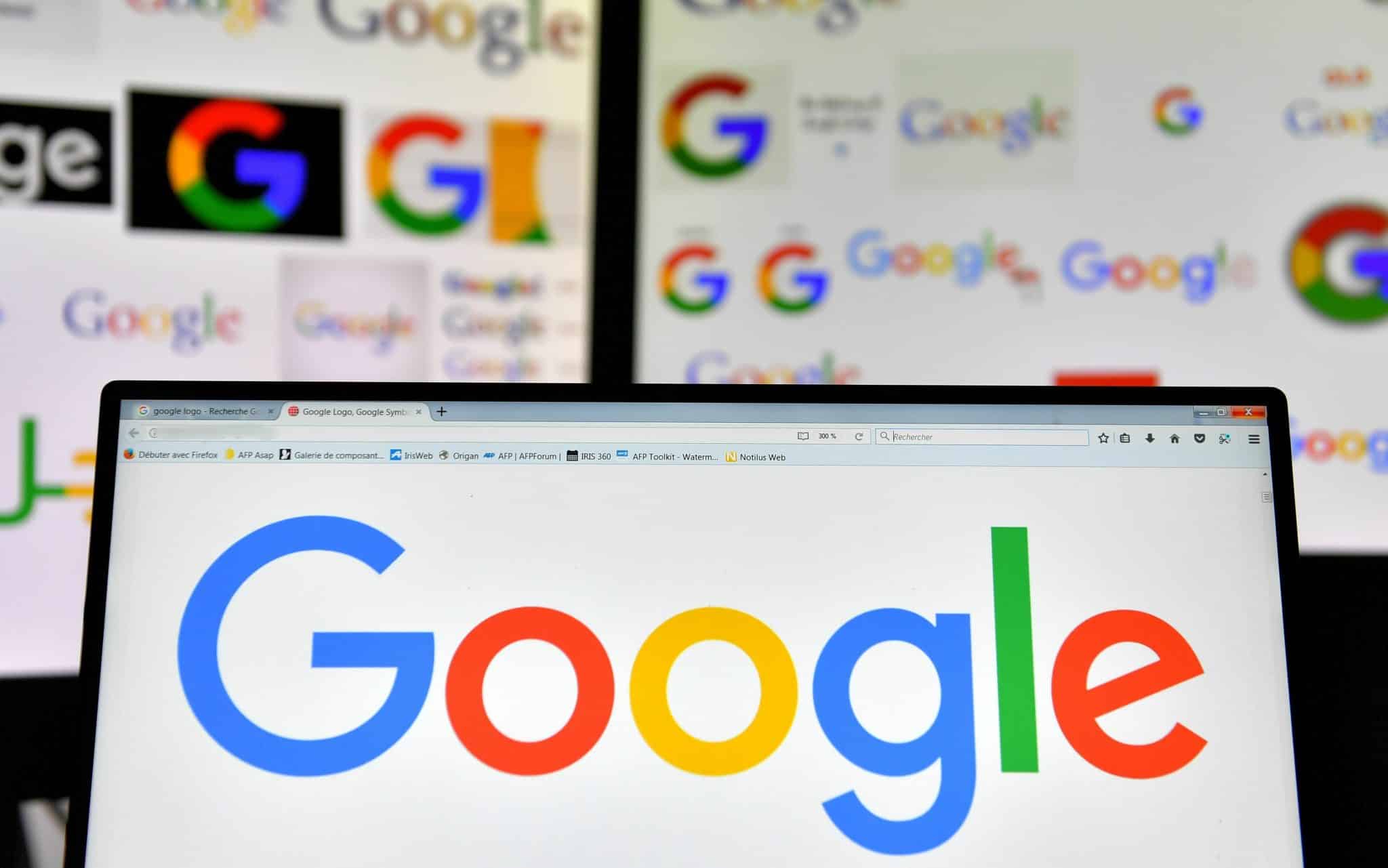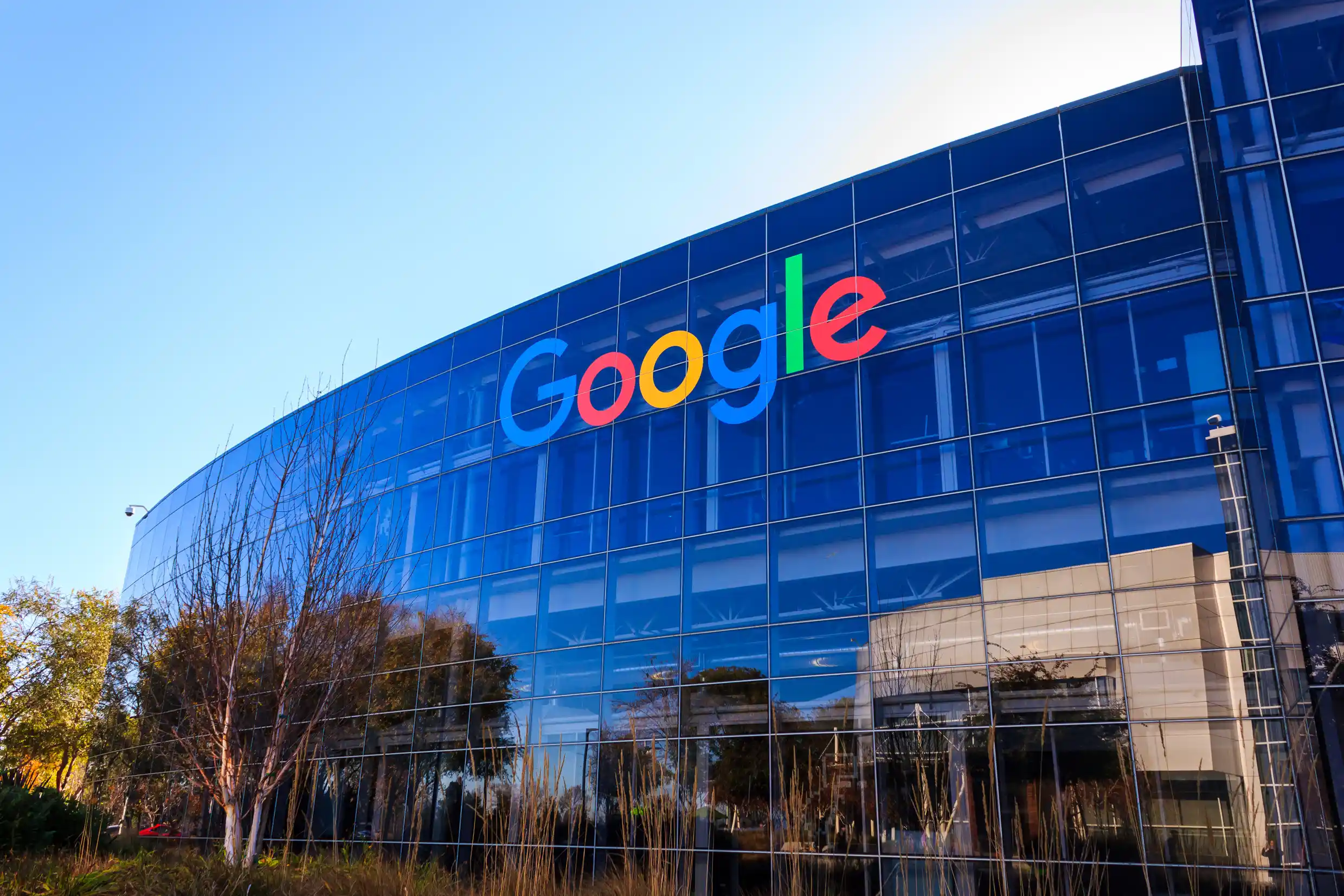Business
Google Faces A New Antitrust Trial After Ruling Declaring Search Engine A Monopoly

Alexandria, Virginia – One month after a judge branded Google’s search engine an illegal monopoly, the internet titan is facing another antitrust lawsuit, this time over its advertising technology, which threatens to split the firm.
The Justice Department, joined by a coalition of states, and Google each presented opening arguments Monday before a federal court in Alexandria, Virginia, which will decide whether Google has a monopoly on internet advertising technology.
The regulators argue that Google created, acquired, and maintains a monopoly on the technology that connects internet publishers and advertisers. The government claims that Google’s dominance of the software on both the buy and sell sides of the transaction allows it to keep up to 36 cents per dollar when it brokers sales between publishers and advertising.
Google Faces A New Antitrust Trial After Ruling Declaring Search Engine A Monopoly
They argue that Google also dominates the ad exchange market, which connects the purchase and sale sides.
“A single monopoly is terrible enough. But we have a trifecta of monopolies,” Justice Department lawyer Julia Tarver Wood said in her opening statement.
Google claims that the government’s case is based on an internet of the past when desktop computers prevailed and internet users meticulously typed precise World Wide Web addresses into URL fields. Advertisers are increasingly turning to social media platforms like TikTok and streaming TV services like Peacock.
Dunn stated that Supreme Court precedents caution judges about “the serious risk of error or unintended consequences” when dealing with quickly evolving technology and determining whether antitrust law demands involvement. She also cautioned that any action taken against Google would not benefit small businesses, but would instead allow other tech behemoths such as Amazon, Microsoft, and TikTok to fill the gap.
According to Google’s annual reports, revenue for Google Networks, the division of the Mountain View, California-based tech giant that includes services like AdSense and Google Ad Manager at the heart of the case, has decreased in recent years, from $31.7 billion in 2021 to $31.3 billion in 2023.
The case will now be handled by U.S. District Judge Leonie Brinkema, who is best known for high-profile terrorism cases, notably the one involving 9/11 suspect Zacarias Moussaoui. Brinkema, on the other hand, has prior expertise with highly complex civil trials, having worked in a courthouse that handles a large number of patent infringement cases.
The Virginia case follows Google’s significant defeat over its search engine. A judge in the District of Columbia deemed the search engine a monopoly, supported in part by tens of billions of dollars. Google pays firms like Apple each year to ensure that Google is the default search engine offered to customers when they purchase iPhones and other devices.
In December, a judge ruled that Google’s Android app store is a monopoly in a dispute brought by a private gaming company.
In the search engine case, the judge has yet to impose any remedies. The government has not proposed any fines, but there may be strict scrutiny over whether Google should be permitted to continue making exclusivity deals that ensure its search engine is the default option for customers.
According to Peter Cohan, a professor of management practice at Babson College, the Virginia case could be more devastating to Google because the obvious solution would be to require it to give off parts of its ad tech company, which generates billions of dollars in income each year.
“Divestitures are definitely a possible remedy for this second case,” according to Cohan. “It could be potentially more significant than initially meets the eye.”
Google is also under increasing pressure over its ad tech business on both sides of the Atlantic. British competition officials accused the corporation last week of abusing its control in the country’s digital ad industry by prioritizing its services. Last year, European Union antitrust authorities conducting their investigation concluded that breaking up the corporation was the only way to address competition concerns regarding its digital ad business.
The prosecution’s witnesses in the Virginia trial will include executives from newspaper publishers, whom the government claims have suffered disproportionately as a result of Google’s tactics.
“Google extracted extraordinary fees at the expense of the website publishers who make the open internet vibrant and valuable,” government lawyers stated in court documents.
The government’s first witness was Tim Wolfe, an official with Gannett Co., a newspaper company whose main publication is USA Today. According to Wolfe, Gannett believes it has little choice but to continue using Google’s ad tech tools, even though the business keeps 20 cents on the dollar from each ad transaction, not including what it charges advertisers. He stated that Gannett cannot give up access to Google’s vast network of advertising.
Google Faces A New Antitrust Trial After Ruling Declaring Search Engine A Monopoly
During cross-examination, Wolfe admitted that, despite Google’s alleged monopoly, Gannett was able to collaborate with other competitors to offer its available inventory to advertisers.
The government’s case also seeks to leverage the remarks of Google employees against them. In their opening statements, Justice Department lawyers noted an email received by a Google employee that questioned if Google’s control of the technology on all three sides constituted “a deeper issue” to examine.
“The analogy would be if Goldman or Citibank owned the NYSE (New York Stock Exchange),” said employee Jonathan Bellack.
Google claims that integrating its technology on the buy, sell, and intermediate sides ensures that adverts and web pages load swiftly while also improving security.
Google claims that the government’s case is overly focused on display ads and banner ads that appear on web pages viewed via a desktop computer, failing to account for consumers’ shift to mobile apps and the surge in ads posted on social media sites over the last 15 years.
The government’s argument “focusses on a limited type of advertising viewed on a narrow subset of websites when user attention migrated elsewhere years ago,” Google’s lawyers argued in a court filing.
The experiment is planned to last a few weeks.
SOURCE | AP







































